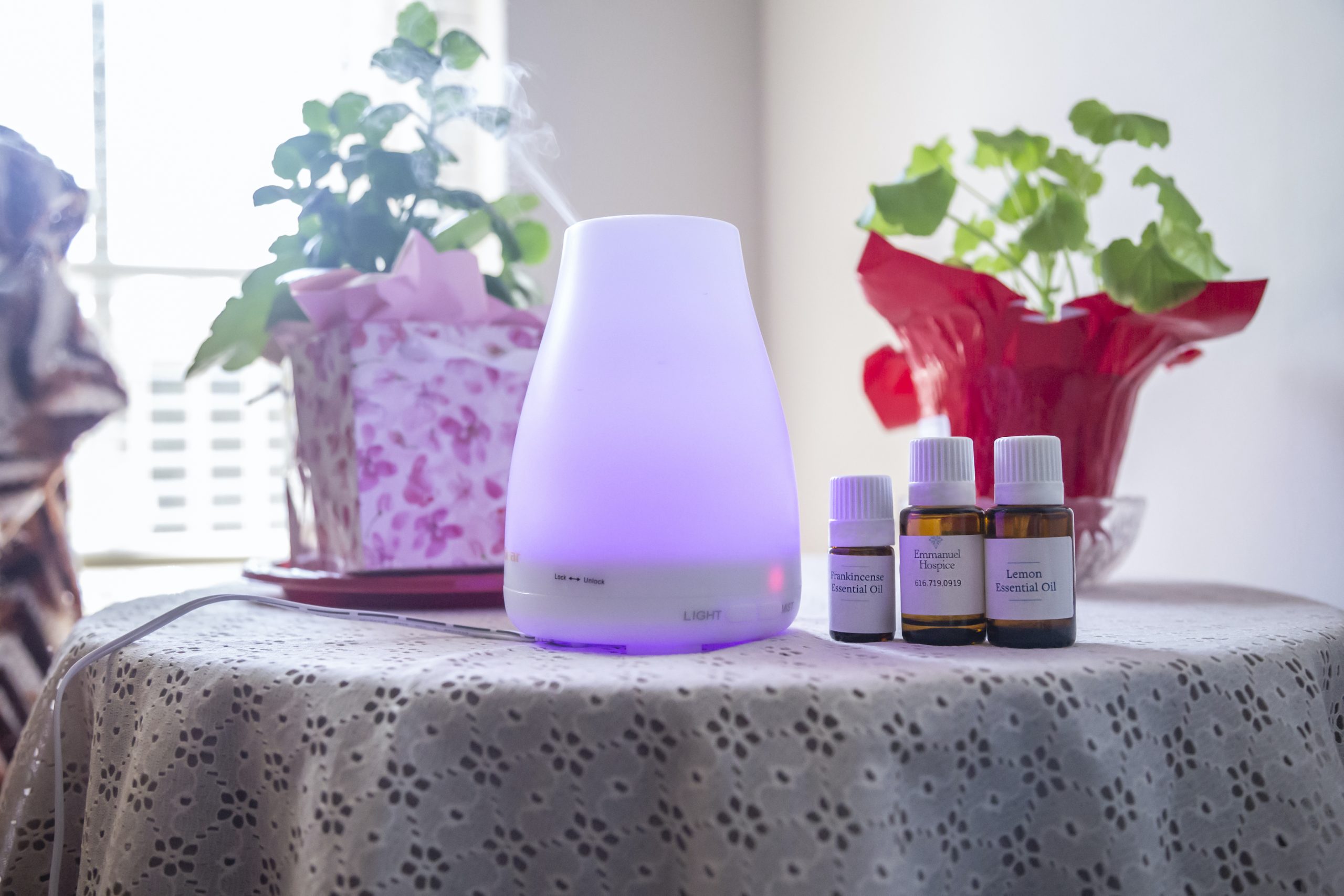Hendersonville, NC January 11, 2024: Teleios Collaborative Network (TCN) announced the addition of Emmanuel Hospice to its clinically integrated network, expanding the nonprofit’s resources, tools and expertise in order to grow its presence and services in West Michigan.
Emmanuel Hospice is an interfaith provider of compassionate, person-centered hospice care to patients and their loved ones in West Michigan. Serving the community since 2013, the nonprofit draws on a team approach that focuses holistically on mind, body and spirit, working to enhance each patient’s life with a combination of expert medical care, spiritual counseling and complementary therapies and services – because hospice is more about living than dying.
From its base in Grand Rapids, Emmanuel Hospice serves nearly 700 patients each year in eight counties, including all of Kent and Ottawa counties and portions of Allegan, Barry, Newaygo, Ionia, Montcalm and Muskegon. Joining TCN will enable the nonprofit provider to enhance its holistic end-of-life services and support more individuals facing serious, life-limiting illnesses within the communities it serves.
“We are thrilled to join the Teleios Collaborative,” said Sara Lowe, Emmanuel Hospice executive director. “This is an opportunity to expand the resources, tools and expertise of our already talented team at Emmanuel Hospice, which will allow us to remain true to our mission, grow our presence and provide leading-edge quality services and supports to West Michigan.
“As a member of the network, we will have access to best practices, quality benchmarking and subject matter experts that will help us continuously improve and grow in a sustainable fashion, while remaining centered on care that reflects the communities we serve.”
“This is a great way to start 2024 by adding a high-quality hospice to our TCN Network,” said Chris Comeaux, Teleios Collaborative Network President/CEO. “There are so many challenges headed our way in hospice, and our TCN Network believes that we are better together than we are individually. We look forward to working with the Emmanuel Hospice team to ensure Care As It Should Be, TCN’s mission, is improving daily because this is what the future should be about in healthcare for the communities where our members serve. We look forward to doing that together.”
Teleios Collaborative Network is a nonprofit organization that has created a clinically integrated network that shares expert leadership, industry best practices and resources with its member organizations. The goal of TCN’s collaboration is to harness the best of each hospice and enable the network to care for the patients and families in each community served. There are over 3,500 hospice patients and over 4,300 palliative patients in its network. TCN was founded in 2017 by Four Seasons and Carolina Caring and co-founded by AMOREM and Mountain Valley organizations. TCN is currently comprised of 14 member organizations across 10 states.
More information about TCN can be found at teleioscn.org. To learn more about Emmanuel Hospice, visit EmmanuelHospice.org.
